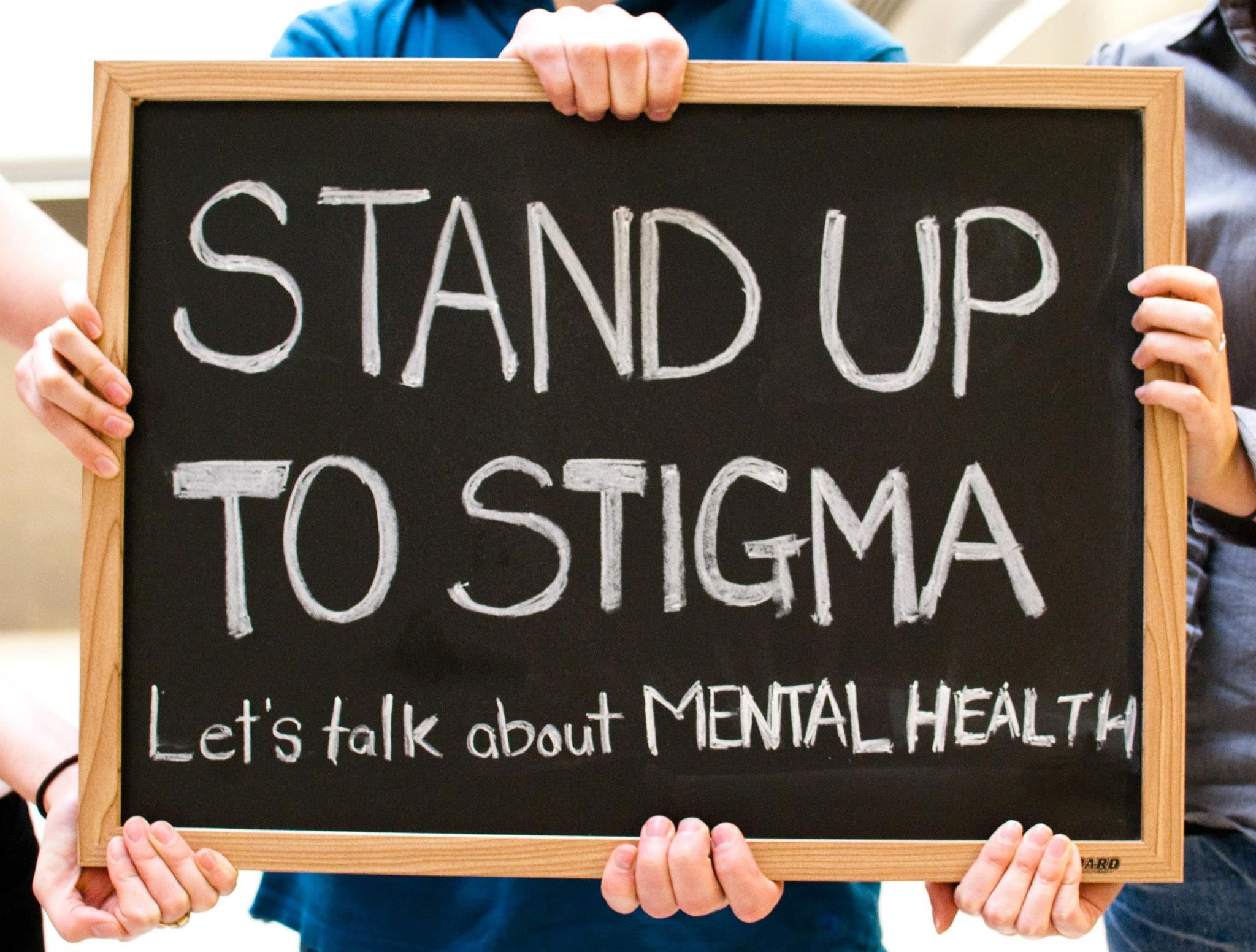
Women’s mental health has long been a topic shrouded in secrecy and stigmatization. However, as society becomes more aware and understanding, the barriers surrounding mental health issues are slowly being dismantled. It is essential that we continue to challenge the stigmas associated with women’s mental health to ensure that all individuals receive the support and care they deserve.
The Impact of Stigmas on Women’s Mental Health
Stigmas surrounding women’s mental health have far-reaching consequences. Women often face unique challenges when it comes to their mental well-being due to societal expectations, cultural norms, and gender roles. These factors can contribute to feelings of shame, guilt, and inadequacy, preventing women from seeking the help they need.
Societal pressure to conform to unrealistic standards of beauty and success can take a toll on women’s mental health. The constant comparison to airbrushed images and the relentless pursuit of perfection can lead to body image issues, low self-esteem, and even eating disorders. These challenges are exacerbated by the stigmas associated with mental health, making it difficult for women to openly discuss their struggles.
Breaking the Silence
Thankfully, there is a growing movement to break the silence surrounding women’s mental health. Individuals and organizations are working tirelessly to challenge the stigmas and empower women to seek help. Initiatives such as mental health awareness campaigns, support groups, and online communities provide safe spaces for women to discuss their experiences without fear of judgment or discrimination.
It is crucial to remember that mental health is just as important as physical health. Women should feel comfortable seeking support and treatment for their mental well-being without facing unnecessary shame or stigma. Education plays a vital role in dispelling myths and misconceptions surrounding women’s mental health.
Supporting Women’s Mental Health
Supporting women’s mental health requires a multi-faceted approach. Firstly, it is essential for healthcare providers to receive adequate training in gender-specific mental health issues. This will enable them to provide appropriate and tailored care to women. Empathy, understanding, and active listening skills should be at the forefront of any mental health professional’s practice.
In addition to professional care, social support networks can play a significant role in improving women’s mental health. Friends, family, and partners should be educated about mental health issues to ensure they can offer understanding and help when needed. Establishing an empathetic environment where women feel safe discussing their feelings and experiences is crucial in breaking down stigmas.
The Importance of Self-Care
While societal change is necessary to combat stigmas, women can also take steps to prioritize their own mental well-being. Self-care practices such as regular exercise, healthy eating, and engaging in hobbies can significantly improve mental health. Setting boundaries and learning to say no when necessary is crucial for women to protect their mental well-being.
Additionally, seeking therapy or counseling can provide invaluable support. Talking to a trained professional can help women navigate their mental health challenges, develop coping strategies, and provide a non-judgmental space for expression.
Conclusion
Breaking stigmas surrounding women’s mental health is a collective responsibility. It requires society as a whole to challenge societal norms and expectations, healthcare providers to offer gender-specific care, and individuals to support and empower women to seek help. By prioritizing understanding and support, we can create an environment where women feel safe discussing their mental health and receive the care they deserve.





